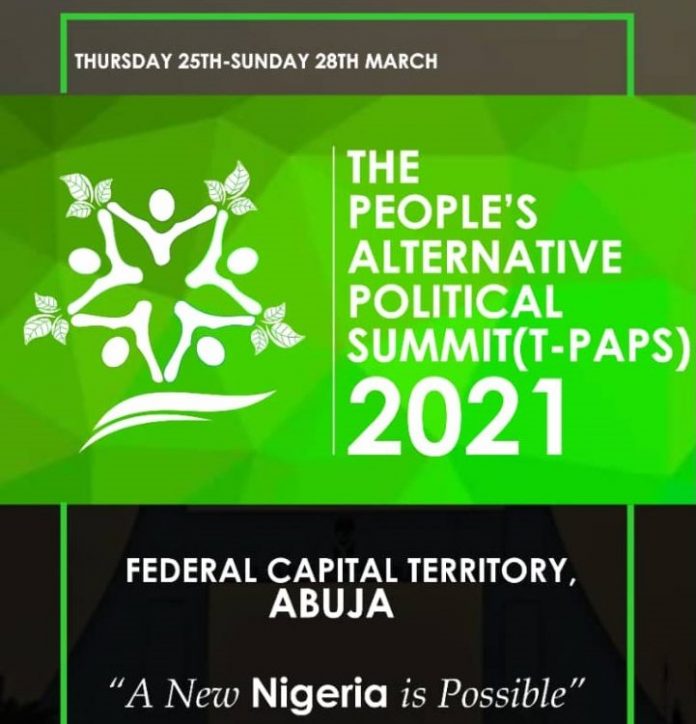Socialist Workers & Youth League (SWL) is happy to contribute to the efforts and debate towards strengthening the intervention of radical and revolutionary forces in the popular struggles of the masses. Such concerted interventions would be exceedingly useful for connecting several ongoing struggles and efforts and enriching the contents of popular struggle.
We note that the summit is supposed to agree on a common political programme. We are not sure that this would be feasible. Resolving on the programme of a single organisation itself is not something that starts with and ends within two days, not to talk of that of a united front.
We believe that this summit will be able to discuss what should be the contents of such a shared political commitment, if we are thinking of something comprehensive – even if a minimal programme, as some comrades have called for. In the stead of this, or as an initial step, a declaration/resolution could be adopted at the end of the meeting.
This, we will suggest, should synthesise key points on which we agree, and be drafted by an inclusive resolutions committee constituted at the beginning of the summit.
Without intending to pre-empt the resolutions of the summit, we have to say that in our view, the idea of coalescing into a single political party would be futile. Apart from the unfeasibility of a monolithic party of the left, multiplicity of left parties is not in itself a mark of disunity.
The issue is about how we relate to concentrate our strength. Marching separately must not mean that we do not strike together. While debates within the left should be seen as health and indeed necessary for collectively sharpening our theory and developing strategy, we need to evolve norms that limit if not totally remove sectarian politics and attacks on sister left parties.
What as the left, we can and should forge to drive joint campaigns and interventions in the body polity, should be a united front.
There are situations in which it is possible for all left groups to work in a single party. The kernel of such situations is that it is a workers’ party established by the mass organisations (particularly so the trade unions) of the working-class.
Thus, all left groups were active in the 1989 Nigeria Labour Party. And to harness our collective work, the first All-Nigeria Socialist Alliance (ANSA) was formed. It withered away with the death of that party. In the period since then, though, the trade union bureaucracy and its party-building efforts have moved further to the extreme centre.
This appears to have created a lacuna, which – along with other ongoing efforts, which might be expected to coalesce into this – is being filled with the projected partisan aim of this summit. The door is however not closed on the emergence of a mass-based workers’ party or the possibility of left contention for influence within it.
The united front tactic we are proposing as what the organisers proposed “joint political campaign” could best concretely take also provides room for such engagement if the process of re-establishing a workers’ party is once again taken seriously by the trade unions.
There are already several coalitions on the left or which are left leaning, the primary ones are at the moment being: Joint Action Front (JAF), Coalition for Revolution (CORE) and Alliance for Surviving Covid-19 and Beyond (ASCAB).
Incidentally, each of these is associated with a registered political and/or a proto-party i.e. the Socialist Party of Nigeria (SPN) with JAF, the African Action Congress (AAC) with CORE and Take Back Nigeria with ASCAB. Thus, the coalitions could very well be the founding basis of a united front which is also open for organisations/coalitions identified with popular struggle outside these three bodies.
The constraints to decreeing a pan-unified left should not hold back parties, coalitions or organisations that are ready to take the leap of faith to merge. And such emergent parties, coalitions or organisations should be welcome within the united front.









